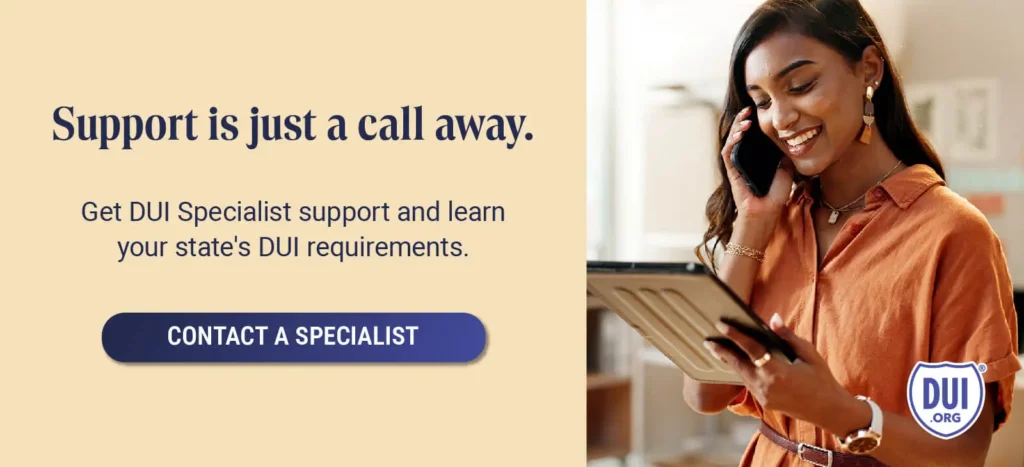
A DUI conviction on your driving record can have more implications than you realize. While most people are concerned with the short-term consequences of a DUI conviction, such as fines or jail time, there are many other ways a DUI can affect you in the long-term:
- Your driver’s license may remain revoked for up to two years after your first DUI conviction.
- Your employment may be terminated and locating another job may be complicated when a DUI shows up on a routine background check.
- Your automobile insurance rates will increase because of your classification as a “high-risk” driver.
Like others who have been convicted of a DUI, you might wonder how long will a DUI stay on your record? The answer: It depends on the state of conviction, the details of your arrest and prior DUI arrests, if any.
It is important to know that there are two different types of records: a driving record and a criminal record. A DUI conviction affects both these records, and each has different requirements to remove your DUI from public view.
Look-back Period
Most states have a "look-back" or "washout" period, which is defined as the amount of time needed to pass before a DUI can no longer be viewed on your driving record by anyone other than the criminal justice system and the Department of Motor Vehicles.
The look-back period varies by state, ranging from five to 15 years on average, for your first DUI offense. If you are convicted of multiple DUI offenses within your state’s look-back period, you may face more severe penalties such as jail time, additional alcohol treatment classes, increased license suspension or even permanent loss of your driver’s license. If you are arrested for a DUI after serving your state’s look-back period, that current charge will be treated as a first offense on your driving record.
A few states will serve lifetime look-back period if you have acquired multiple DUI offenses within the original look-back period, meaning a DUI will remain on your driving record permanently. Make sure to familiarize yourself with the laws in your state.

Expungement
Expungement is when your DUI conviction is erased or sealed from your criminal record. An expunged record will help relieve some of the burden of living with a DUI. For example, an expunged DUI charge will not show up on most background checks and allows you to truthfully report that you do not have a criminal conviction.
The laws regarding DUI expungement vary by state. Some states require the offender to have completed probation prior to filing an application for expungement while others have a mandatory waiting period that can last several years.
Expungement Limitations
There are limits to having a DUI expunged. If you are arrested for a second DUI, the expunged DUI may still count as a prior offense on your criminal record and you may face more severe consequences. An expungement may clear up a criminal record, but the blemish on your driving record is determined by the state’s look-back period.
Government agencies, health care organizations, law enforcement agencies, school districts and other types of employers may have the ability to view previously expunged criminal records.
Talk with a DUI Attorney
Each DUI case is unique. When managing look-back periods and possible DUI expungement, partner with a qualified DUI Attorney who knows the laws in your area. If you need additional assistance with the DUI process, DUI.org has state specialists available to answer your questions. If you need a referral to a DUI attorney in your area, please call DUI.org at (833) 386-8923.
Get support.
What is next? We can help you through the process. Give us a little information and we can support you through the next steps.
All fields are required.